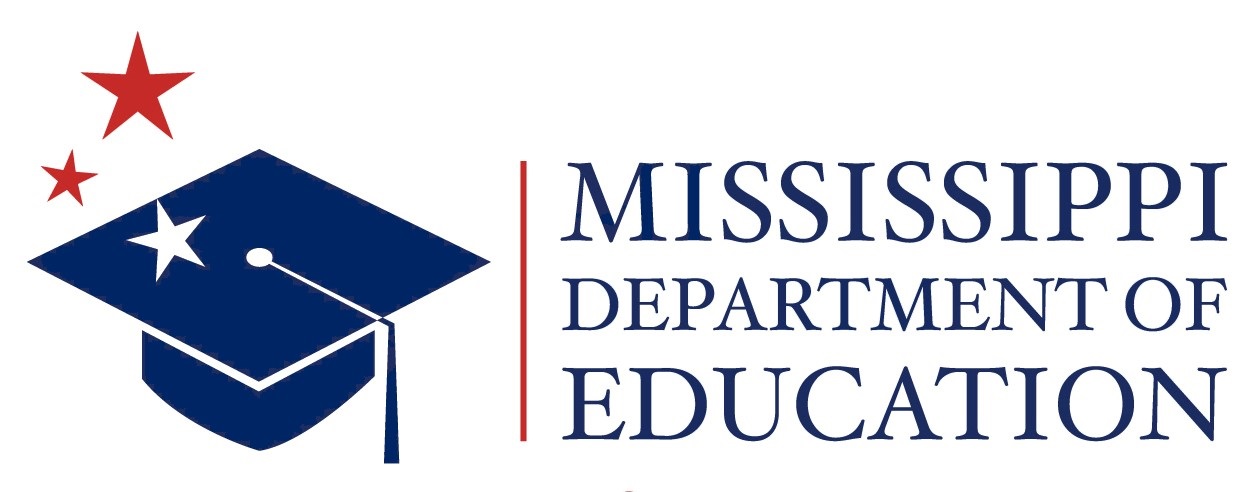Title IV, Part C Expanding Opportunity Through Quality Charter Schools
The Purpose of Title IV, Part C is to:
- Improve the education system and opportunities for all people by supporting innovation in public education that prepares students to compete and contribute to the global economy and a stronger nation;
- Provide financial assistance for the planning, program design, and initial implementation of charter schools;
- Increase the number of high-quality charter schools available to students;
- Evaluate the impact of charter schools on student achievement, families, and communities, and share best practices between charter schools and other public schools;
- Encourage states to provide facilities financing in an amount more nearly commensurate to the amount typically provided to traditional public schools;
- Expand opportunities for traditionally underserved students to attend charter schools and meet the challenging State academic standards;
- Support efforts to strengthen the charter school authorizing process to improve performance management, including transparency, oversight, and monitoring and evaluation; and
- Support quality, accountability, and transparency in the operational performance of all authorized public chartering agencies, and other authorizing entities.
Charter schools are public schools of choice that operate with autonomy from many of the regulations that apply to traditional public schools. These schools may service early childhood, elementary school, and secondary school students. The "charter" establishing each such school is a performance contract detailing the school's mission, vision, program, goals, students served, methods of assessment, and ways to measure success. In Mississippi, charter schools are accountable to the Mississippi Charter School Authorizer Board to expand opportunities to traditionally underserved and adhere to the purpose of the Mississippi Charter School Act of 2013.
Forms:
Significant Increase in Enrollment Form
Charter School Eligibility Count Form
Additional Information:
Mississippi Charter School Authorizer Board



